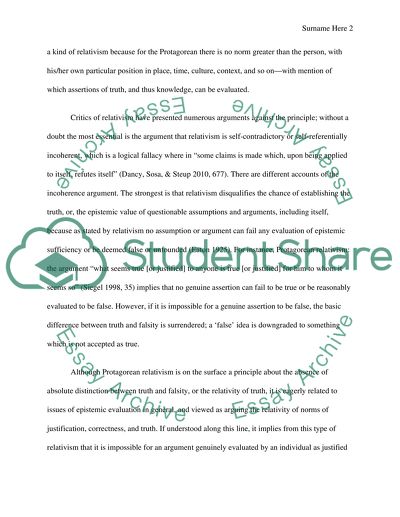Cite this document
(“TOK Essay Example | Topics and Well Written Essays - 1000 words”, n.d.)
Retrieved from https://studentshare.org/miscellaneous/1585535-tok
Retrieved from https://studentshare.org/miscellaneous/1585535-tok
(TOK Essay Example | Topics and Well Written Essays - 1000 Words)
https://studentshare.org/miscellaneous/1585535-tok.
https://studentshare.org/miscellaneous/1585535-tok.
“TOK Essay Example | Topics and Well Written Essays - 1000 Words”, n.d. https://studentshare.org/miscellaneous/1585535-tok.


